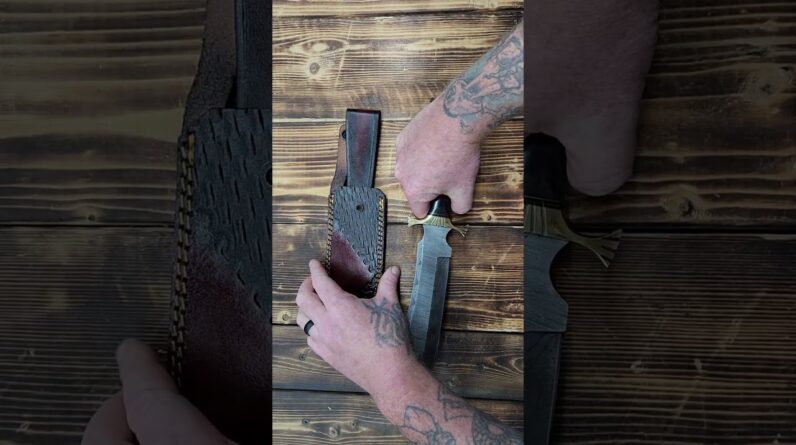
The Doomsday Prepper’s Guide to Survival Prepping
When you think about survival prepping, you might think about the survival of yourself and your family. After all, two weeks is better than none. But modern experts recommend that you plan for two weeks, at the very least. Emergency systems, first responders, and community supplies can quickly become overwhelmed and insufficient during a disaster. The recent California Wildfires, Japanese Tsunami, and Hurricane Harvey all illustrate the importance of preparing for a disaster, or at least a two-week supply of emergency supplies.
When it comes to survival prepping, you should remember that your skills will not be the same as someone else’s. Different people have different hobbies and different prepping needs. Likewise, the more you learn about disasters, the more you’ll worry about a particular one. Then again, your prepping needs will differ from someone who works in a bank. If you are worried about a particular type of crisis, you will probably prepare differently than a person who works in banking.
A survival prepper’s list should start with survival food. Stocking up on food is vital – you should have two weeks’ worth of food or more. Survival prepping experts advise you not to overstock your freezers, since their single point of failure is the freezer. Make sure to plan how you’ll keep your food stored and how you’ll cook it. When it comes to food, you’ll want to stock up on canned goods, but don’t overdo it.
If you’re serious about survival prepping, you should also take precautions against possible attacks. Some people are ex-military types and have explicitly planned to target preppers during an SHTF scenario. If you want to protect your family and your stockpile, it’s imperative that you consider these potential adversaries, and take steps to protect yourself. The first step in survival prep is to know your enemy. If they can attack your stockpile, they will be less likely to target you.
Another vital step in survival prepping is making sure that you have enough money in the bank. In a worst-case scenario, you might not have enough money to build a full-fledged bunker or bomb shelter, but you can stockpile food and other essentials. The food stockpile will grow impressively over time if you make small, regular purchases of better-quality supplies and food. You should also consider the “insurance policy principle” when stockpiling your food and equipment.
As Lenin said, “civilizations are three meals away from anarchy.” If you live in a city, you may be more likely to be impacted by disaster than in a rural area. This is because looting is easier in a densely populated area. Hence, your survival list should be determined by these factors. If you don’t prepare, you’ll have little hope of surviving an emergency and might end up homeless.
You should sign up for a newsletter if you’re looking for the best prepping tips. You’ll get new content from this newsletter once a month, and you won’t be spammed. Plus, it’s free! What’s more, there’s no obligation to buy anything – all you have to do is subscribe to the newsletter. The newsletter will contain no more than two emails per month! And you can cancel at any time.
In addition to the survival kit, you should also make a bug-out bag. This is your family’s emergency bag, and it should include the supplies that are required for bugging out. These items should be stored in your car. A bug-out bag will give you time to prepare, so keep it in your car or a nearby storage facility. If you need to get out, you should also pack a bug-out bag and a high-quality tactical backpack.
When you’re prepared for an emergency, one of the most important aspects of survival prepping is knowledge. Being able to hunt, fish, and grow food makes it much easier to feed your family. However, if you don’t know how to find clean water in the wild, it will be much harder to get your hands on some of these items. And if you know how to use firearms and martial arts, it will be easier to defend yourself and your family.
Disaster prep is now a standard in industry. Whether you’re preparing for the worst, it’s best to prepare for a disaster as far ahead as possible. A little disaster prep goes a long way toward keeping you and your loved ones calm. It’s worth the extra time to learn about emergency preparedness and bug-out bags. The next time an emergency strikes, remember to practice survival skills so that you can make a good plan for yourself and your family.






